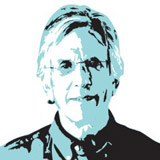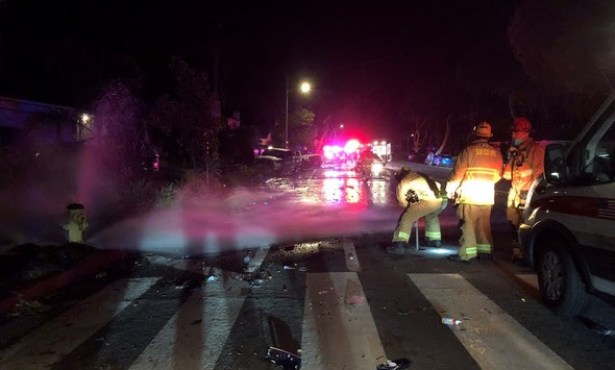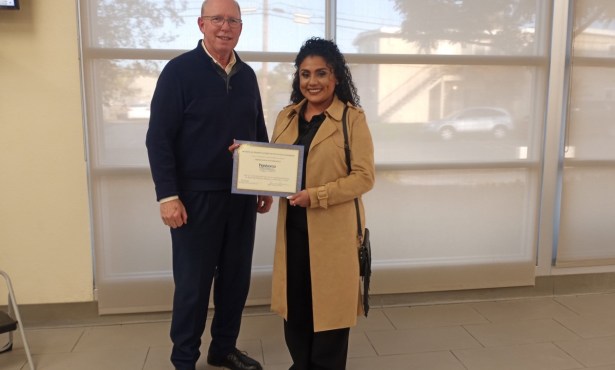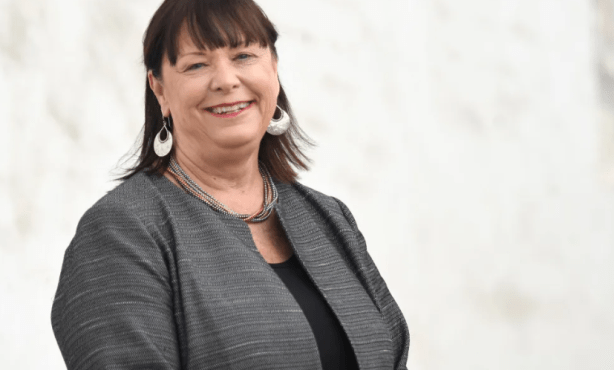Breaking Good
An isolated Mexican beach is nearly empty at sundown. Two boys, maybe 10 or 11, attempt to body surf. There are no lifeguards and only a scattering of people along the three-mile stretch of beach.
This beach is known for its breaking waves and strong undertow that swallows as many as four young lives a year.

The only other person within a half-mile of the boys is an older norteamericano on his daily three-mile run/walk (mostly walk). The boys wave to him, as they do every day, and he shouts back in his pigeon Spanish, “Cuidado,” be careful.
The American walks on, glancing back at the boys playing in the water. He worries, as he has done every day that he passes them, if a wave broke badly and pulled them under, would he have the courage to try to save them?
The old Gringo hopes he would, but then, as always, he is mindful that while he can swim, he is not a good swimmer. Moreover, a long ago childhood incident has made him fearful of ocean water. This beach, those boys, is not the first time he has wondered what he would do if faced with risking his life to save another.
Would these limitations stop him from trying to save them? What if he died or was injured trying to save them?
The basic question is universal: “Are we willing to risk our own safety when others are at risk?” The analysis of such a thorny question lies in self-examination of our idea of courage.
If you’re a firefighter, police officer, or emergency worker entrusted with saving lives, you’ve chosen a profession with a legal duty to protect and preserve life. In some other limited situations, such as a parent-child, inter-spousal, airplane pilot, train engineer, or property owner, a duty of care may arise that would legally require you to risk your life. (Note: This column is not intended to be a comprehensive discussion of legal duties of care.)
But do the rest of us have any legal duty to attempt to save a life at the risk of our own? Do we generally have a duty to protect anyone? By law, the answer is no, unless we have put the other in danger.
But don’t we have an absolute ethical duty to act if our own well-being is not at risk? For example, if someone were choking on a piece of food or involved in an accident, surely we would attempt a Heimlich or rush him or her to the hospital.
For our decision in the situation of rough seas or a burning building, each of us must look to our own ethical, religious, cultural and moral codes. Much as I read and meditate on these codes and doctrines, I have come to believe that it is not merely the knowledge and adherence to the four cardinal virtues: prudence, justice, temperance, and courage, that account for actions of selfless bravery.
The factors that trigger spontaneous acts of bravery despite life-threatening danger, that motivate us to act, are deeply seated in the human experience and psyche. Many people who have risked their own lives, say, by rushing into a burning building to save a stranger or facing gunfire to shield a child, are asked why they acted. Their responses, regardless of age, race, gender, or nationality, are often similar.
They say they took their action with little or no consideration of the danger to themselves. For example, in 2007, Wesley Autrey, who saved a man who had fallen into the New York subway said, “I had to make a split-second decision.” He went on to say, “I don’t feel like I did something spectacular; I just saw someone who needed help.”
Five years later, Victor Samuel, who also jumped onto subway tracks to rescue a man who had fallen, said, “I had to make a very split-second decision … literally just a split-second decision to go in there.”
These statements and others lead me to believe that most of us, when faced with saving a life at great risk to our own, will instinctively do the right thing. Maybe André Gide’s words will embolden the old Gringo if the moment comes: “Man cannot discover new oceans unless he has the courage to lose sight of the shore.”
None of us will know until we are challenged.
Benjamin Bycel is an attorney and writer. He was the founding executive director of the Los Angeles Ethics Commission and of the newly reconstituted Connecticut Ethics office. He serves as an expert witness in cases dealing with political and legal ethics.



